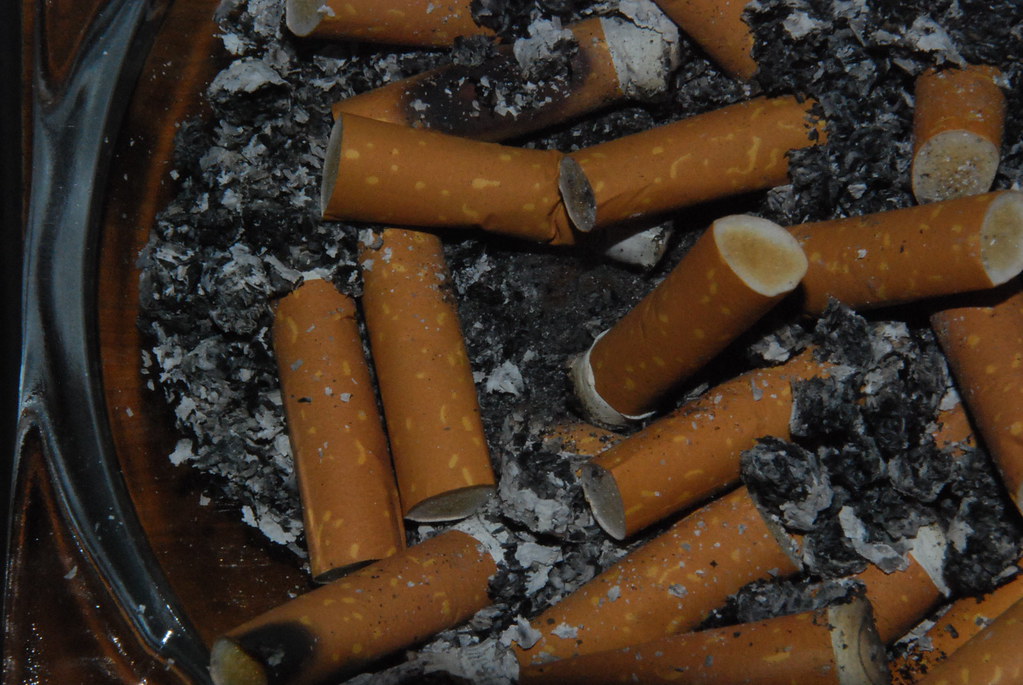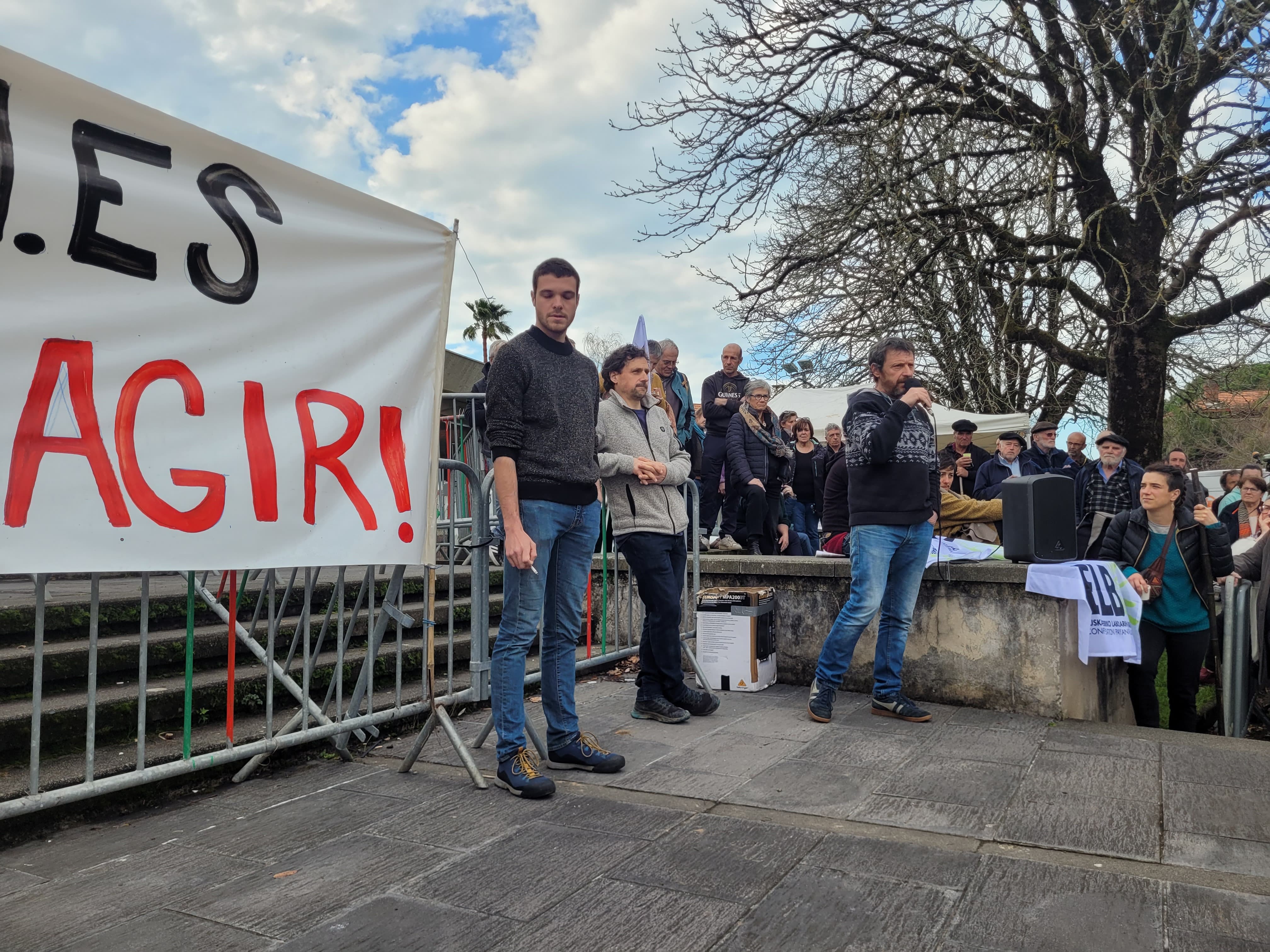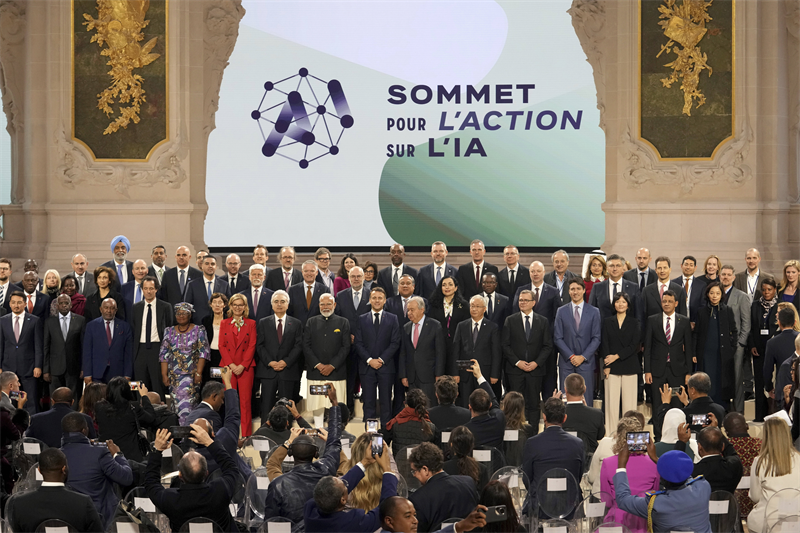From the top of Cancun to the buses of Pamplona
At last year’s summit in Copenhagen, it was decided to create a fund of 75 billion euros to fight climate change, which has now been entrusted to the World Bank. For many, the abandonment of gasoline to the pyromani is the Ei, and the belief given the policies of this bank throughout its history is not corrupt.
Let’s look at the reason for this in an example: water management. As a result of the use of fossil fuels, the accumulation of CO2 in the atmosphere is responsible for the greenhouse effect on Earth and, although this has various effects, the most serious is its effect on the water cycle: there is an increasing shortage of fresh water in the world. Water and climate change are therefore closely linked, as less fresh water, even more warming the Earth, among other things because the hydrological cycle is what refreshes the Earth.
There are still those in the United States who question climate change, but the international scientific community no longer leaves any room for this doubt, even the most distrustful began to accept it when New Scientist magazine said it in 2007. What does this mean? In general, that the dry areas of the Earth will become drier, and certain areas of the tropics will become wetter.
This will have immense consequences for countries that are already hungry, but as the situation worsens, the migratory movement of water scarcity will severely shake the richest countries; and it is probably already beginning to shake.
In many parts of the world, the effects of drought are evident, such as in Bolivia, the only country that has rejected the Cancún agreement. Even if well managed, water is the cause of great controversies, but poorly managed is the cause of conflicts. The privatization of water management has been a source of conflict around the world. An example of this is the “water war” that took place in 2000 in Cochabamba, Bolivia. The World Bank lobbied the Bolivian government to privatize and even achieve water management in Cochabamba. The multinational Bechtel took over the water and the price increases soon triggered the rebellion. Unusually, the rebels triumphed and water management returned to public hands in Bolivia’s third largest city. The participation of the cocalero peasants was fundamental in the revolt, led by a peasant named Evo Morales.
IN THE BUSES OF PAMPLONA I read “ecological”: from agricultural fuels comes the delicious mama that moves its wheels. Ignoring hunger, crop production and the issue of ethical problems, the fact is that agricultural fuels are not the opposite of greenhouse effect, but on the contrary: the amount of cereals needed to obtain one liter of agricultural fuel requires 1,000 liters of water. And the waste of water not only causes conflicts, but also increases the warming of the earth.
After Cancún, the only thing missing is the realization. Then set goals. And finally, start filling.
Gabonetako argiak pizteko ekitaldia espainolez egin izanak, Irungo euskaldunak haserretzeaz harago, Aski Da! mugimendua abiatu zuen: herriko 40 elkarteren indarrak batuta, Irungo udal gobernuarekin bildu dira orain, alkatea eta Euskara zinegotzia tarteko, herriko eragileak... [+]
Irailaren 9ra gibelatu dute Kanboko kontseiluan gertatu kalapiten harira, hiru auzipetuen epaiketa. 2024eko apirilean Kanboko kontseilu denboran Marienia ez hunki kolektiboko kideek burutu zuten ekintzan, Christian Devèze auzapeza erori zen bultzada batean. Hautetsien... [+]
Oinarrizko maia komunitateko U Yich Lu’um [Lurraren fruitu] organizazioko kide da, eta hizkuntza biziberritzea helburu duen Yúnyum erakundekoa. Bestalde, antropologoa da, hezkuntza prozesuen bideratzaile, eta emakumearen eskubideen aldeko aktibista eta militante... [+]
Zer jakin behar dut? Norekin erlazionatu behar dut? Non bizi behar dut? Ardura horiekin gabiltza gizakiok gure gizarteen baitan bizitza on baten ideia bizitzeko bidean. Ondo erantzuten ez badakigu, bazterretan geratuko garen beldurrez.
Joan den astean, kanpoan geratzearen... [+]











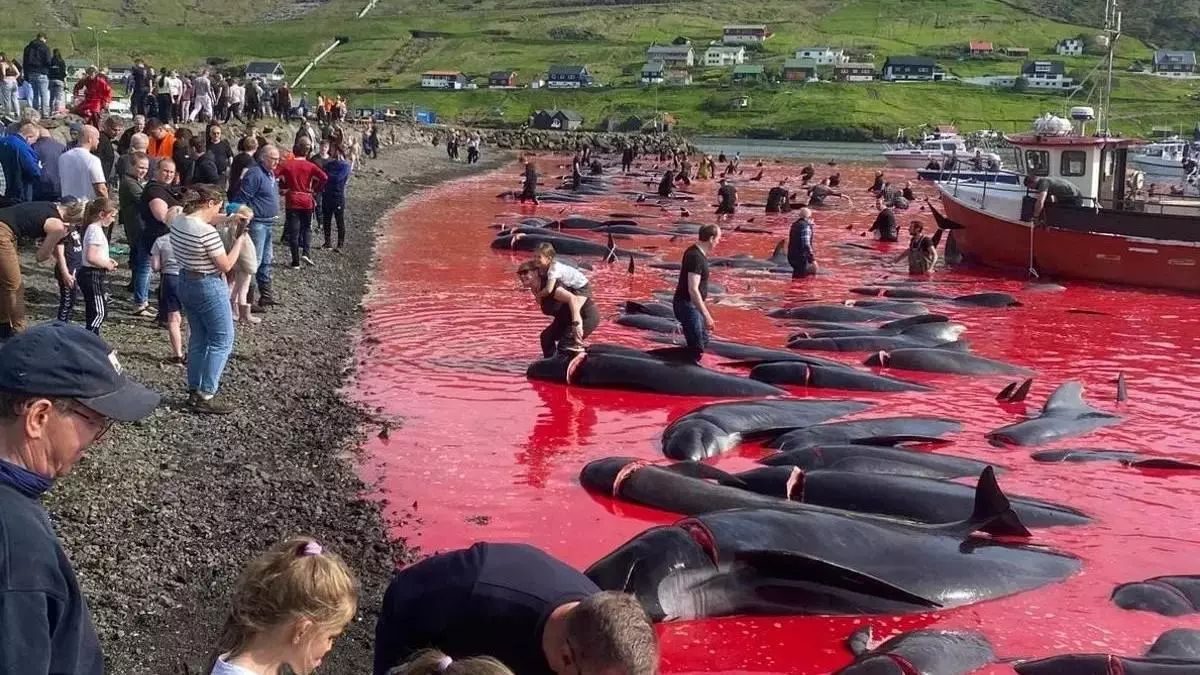
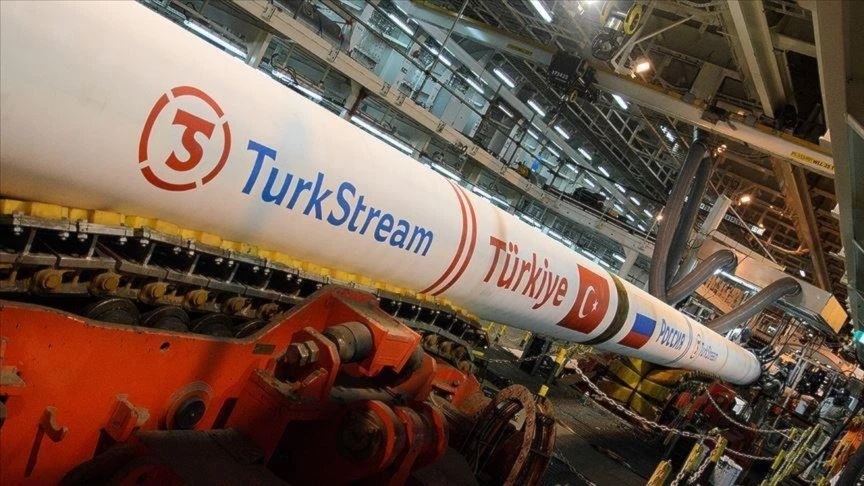
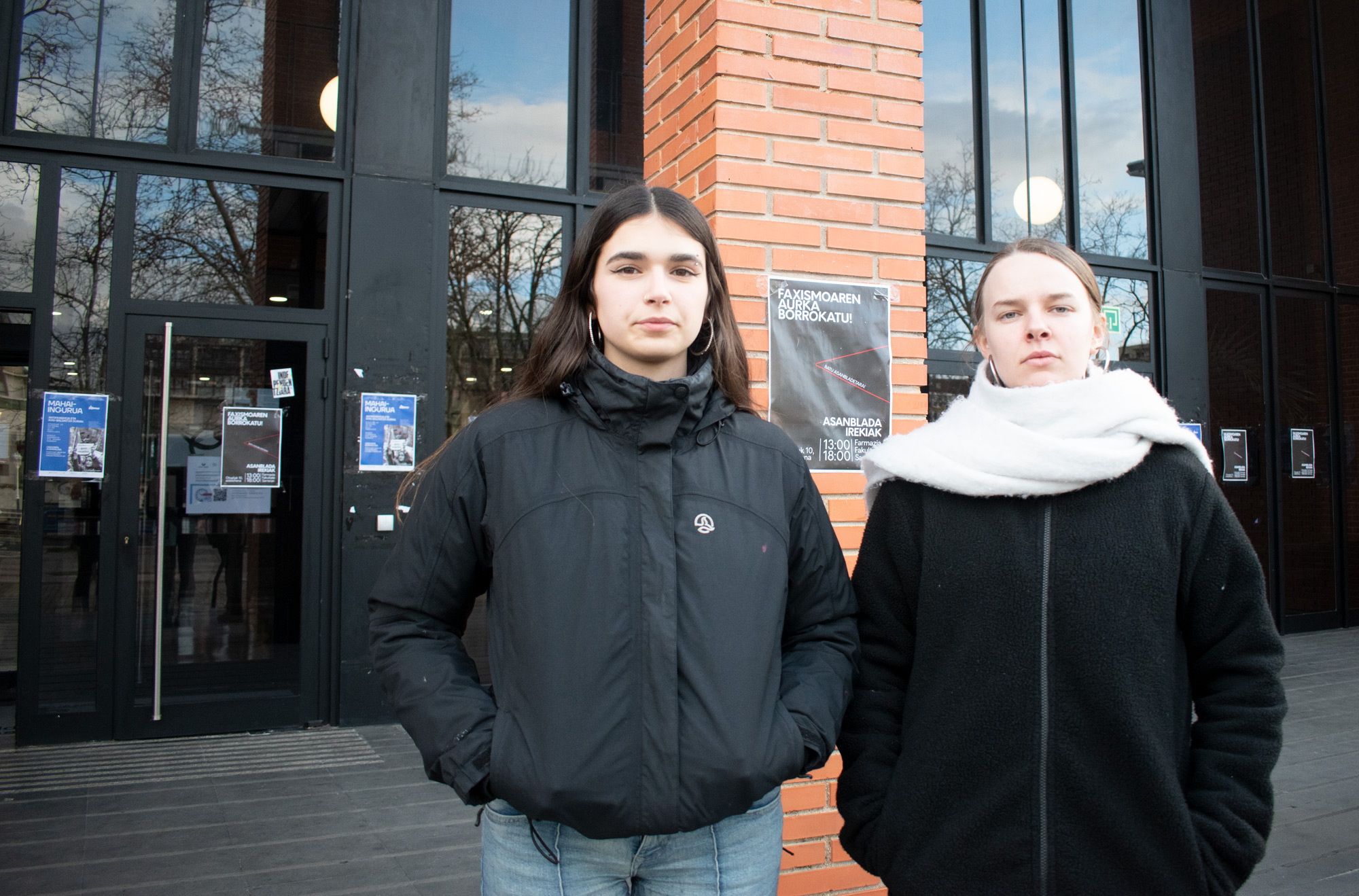
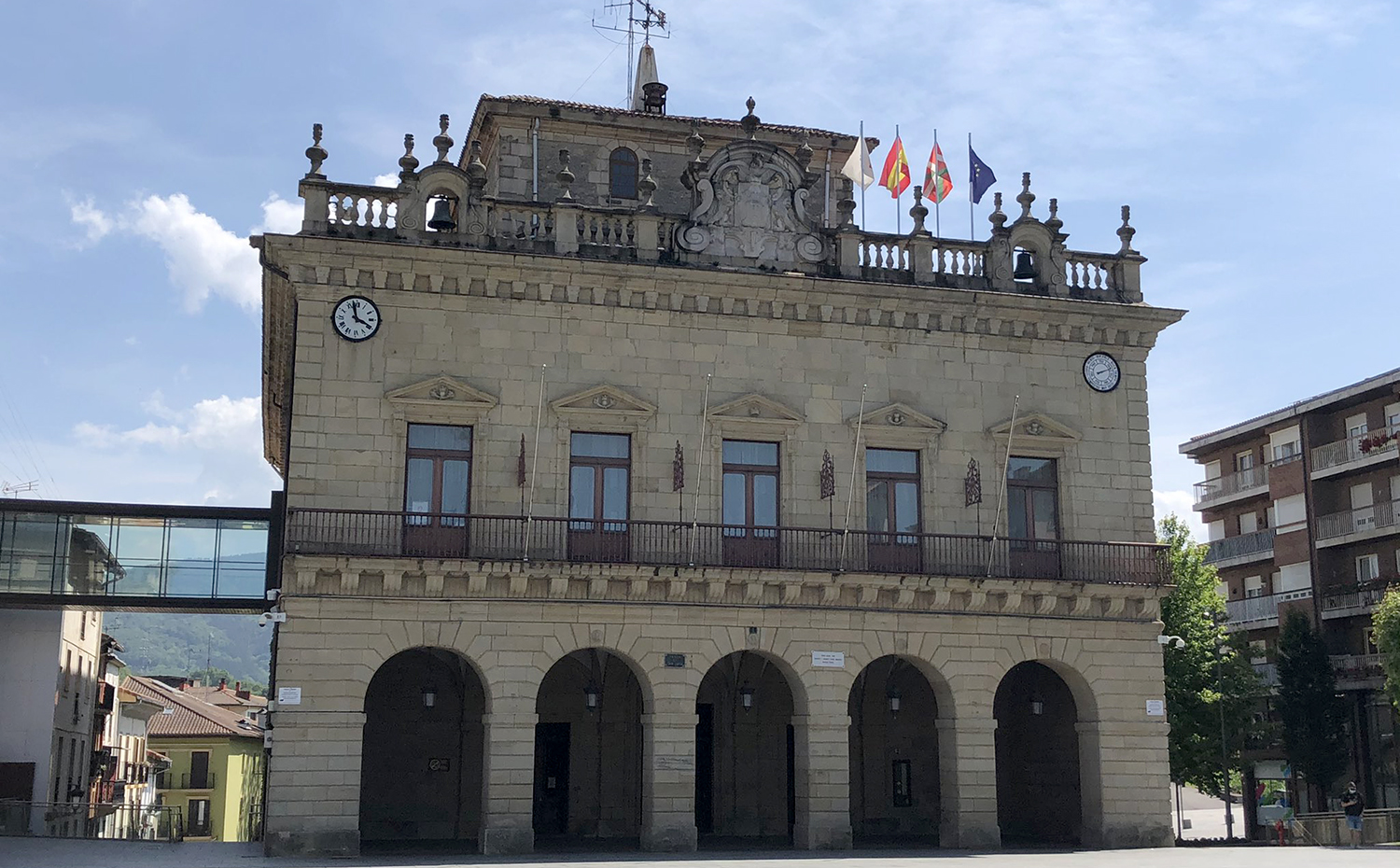

_2.jpg)
